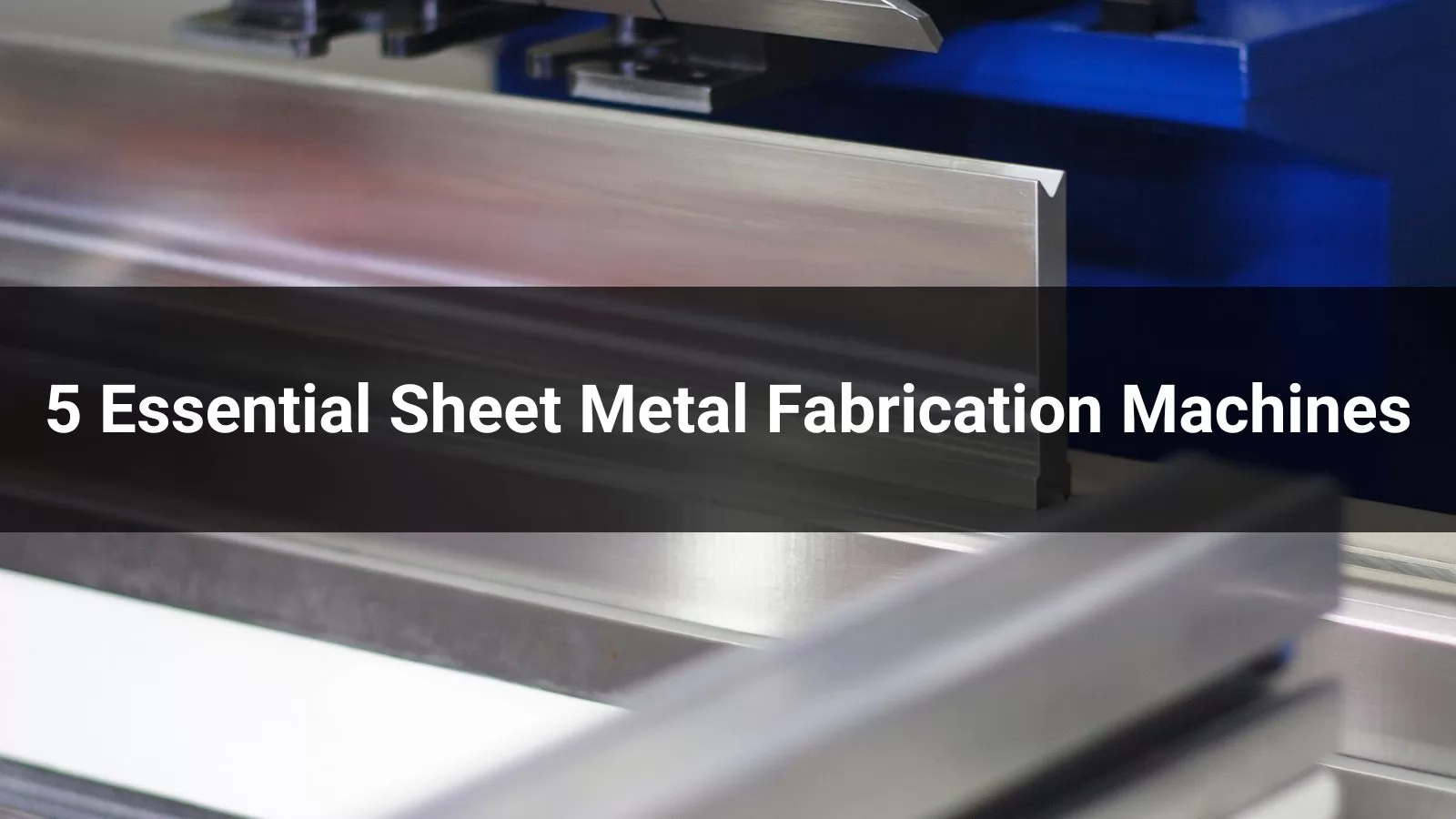





Finding the right machines for efficient and precise metal fabrication is crucial to boosting productivity and ensuring high-quality results. With over 15 years of industry experience and insights from experts, this guide highlights the five most essential machines every fabricator needs, based on real-world applications and extensive research.
This guide breaks down the top equipment, their features, and how they excel in different industries. Whether it’s cutting, bending, or marking, these tools will streamline your process, increase efficiency, and reduce material waste. By the end of this guide, you’ll have a clear understanding of which machines to invest in for better results and smarter decision-making. Let’s dive in!
What It Does: Laser cutting machines use powerful laser beams to achieve high-precision cutting on various materials, such as steel, aluminum, and stainless steel.
Advantages:
Disadvantages:
Applications: Laser cutting is widely used in automotive, aerospace, and signage manufacturing for creating parts, components, and decorative designs with superior accuracy.
What It Does: Dot peen marking machines create permanent, durable markings on metal surfaces, such as serial numbers, logos, and data matrices, for identification and tracking.
Advantages:
Disadvantages:
Applications: Ideal for marking industrial tools, automotive components, and medical equipment, ensuring traceability and compliance in critical industries.
What It Does: Punch press machines are used to punch holes or shape metal sheets into specific designs, making them crucial for mass production tasks.
Advantages:
Disadvantages:
Applications: Widely used in the manufacturing of electronic housings, vehicle chassis, and components for home appliances, where precision and speed are essential.
What It Does: Press brake machines bend metal sheets into precise angles and complex shapes, ideal for custom components.
Advantages:
Disadvantages:
Applications: Commonly used to produce sheet metal components, industrial enclosures, and furniture parts with consistent, precise bends.
What It Does: Metal rolling machines are used to form metal sheets into curved or cylindrical shapes, essential for creating components like tanks, pipes, and other rounded structures.
Advantages:
Disadvantages:
Applications: Widely used in industries such as oil and gas, HVAC, and construction for producing pipes, boilers, pressure vessels, and ductwork.
When selecting the right machine, consider your specific needs, materials, and production goals. Here’s a quick guide to help you decide:
Pro Tip: Always factor in the material types, production volume, and long-term costs such as maintenance and energy consumption. To make the best investment, consult with trusted suppliers like Shinite for tailored advice and the perfect machine for your needs!Contact us now, Get more information and a quote!




Fastest
Installation

Top-Notch
Equipment

24/7 Customer
Support

100% Secured
Payment
